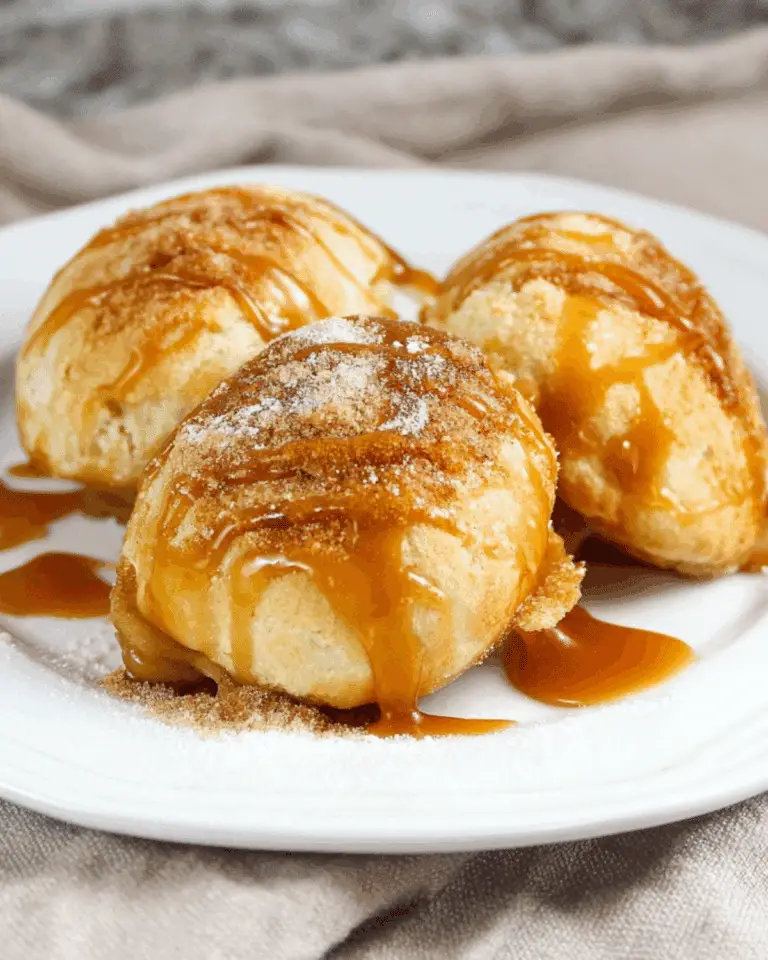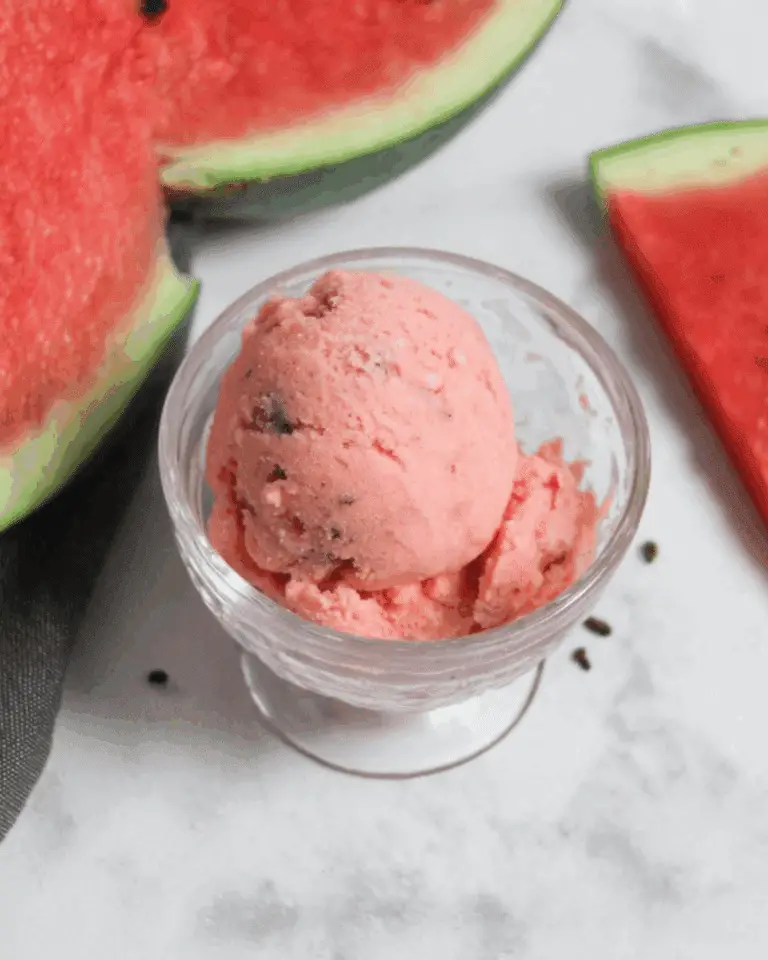Moist Lemon Bread with Glaze is a timeless treat that perfectly balances bright citrus flavor with soft, buttery texture. Whether you’re craving a cozy slice with tea or need a crowd-pleasing dessert for brunch, this lemon loaf is everything a good quick bread should be—moist, tender, and topped with a sweet lemon glaze that makes each bite irresistible. In this article, we’ll guide you through the must-know ingredients, the baking secrets for the perfect crumb, how to make that glossy glaze, and how to avoid the most common lemon loaf mistakes. Don’t miss our Greek Yogurt Lemon Loaf variation for another refreshing take on citrus bread.
JUMP TO
Table of Contents
Why This Moist Lemon Bread with Glaze is Everyone’s Favorite
Lemon lovers agree—this isn’t your average lemon loaf. It’s rich yet light, sweet but never cloying, and it delivers bold lemon flavor in every bite. So, what makes it the best?
A Bright Citrus Punch with a Sweet Finish
This bread gets its signature flavor from fresh lemon juice and zest, not artificial extracts. The zest infuses the batter with aromatic oils, while the juice brings a sharp, clean zing. The glaze? It’s a light lemon drizzle that seeps into the warm loaf, locking in flavor and moisture.
Moisture Secrets: Why It Stays Soft for Days
Unlike some dry, crumbly quick breads, this recipe uses a perfect ratio of butter, eggs, and half and half for richness. Cornstarch keeps the crumb soft, while a touch of oil adds lasting moisture. The result is a slice that stays fresh for 2–3 days—if it even lasts that long.
Homemade vs Store-Bought Lemon Loaf – What’s Better?
If you’ve had lemon loaf from a chain café or store-bought box, you know it can often taste too sweet, too artificial, or just plain dry. Homemade lemon bread, especially when made with real lemons and balanced ingredients, easily beats the commercial stuff. Discover great ideas like our Lemon Lavender Loaf if you’re looking to elevate your lemon baking game.
Ingredients You’ll Need for the Perfect Lemon Loaf
Crafting the perfect moist lemon bread starts with quality ingredients. Freshness is key, and every component plays a role in taste and texture.
Fresh Lemons Matter: Juice, Zest, and More
Don’t even think about bottled lemon juice here. You’ll need juice and zest from two large lemons—this delivers the best balance of acidity and brightness. The zest is where most of the flavor lives, so make sure to use a microplane for maximum yield.
Here’s what you’ll need for the loaf:
| Ingredient | Quantity |
|---|---|
| All-purpose flour | 1 ½ cups |
| Cornstarch | 1 tbsp |
| Baking powder | 1 ½ tsp |
| Salt | ½ tsp |
| Lemon zest | 2 tbsp |
| Sugar | 1 cup |
| Butter (room temp) | ½ cup |
| Eggs | 2 + 1 yolk |
| Canola oil | 1 tbsp |
| Fresh lemon juice | 3 tbsp |
| Vanilla extract | 1 tsp |
| Half and half | ½ cup |
For the glaze:
| Ingredient | Quantity |
|---|---|
| Powdered sugar | 1 cup |
| Lemon juice | 2 tbsp |
| Half and half | 1 tbsp |
The Science Behind Half and Half, Cornstarch, and Oil
You might wonder why both butter and oil are used. Butter offers rich flavor, while a small amount of oil helps retain moisture. Half and half gives the bread a soft, creamy interior without the heaviness of cream. Cornstarch tenderizes the flour, keeping the crumb extra delicate.
Optional Add-ins: Make it Your Own
You can personalize your lemon bread with:
- Blueberries or raspberries
- A touch of poppy seeds
- Almond or vanilla bean extract
- A swirl of lemon curd before baking
Want a lemony cookie version instead? Check out our Lemon Crinkle Cookies for a crisp-edged alternative.
Step-by-Step Guide to Making Moist Lemon Bread with Glaze
You don’t need to be a pro baker to get this loaf right. Just follow these steps and tips, and you’ll bake a loaf that disappears fast.
How to Prep Your Pan for Perfect Results
Always grease your loaf pan thoroughly with baking spray that includes flour, or line it with parchment paper. This ensures your lemon bread releases cleanly and doesn’t stick or tear.
Mixing Tips to Keep the Batter Light and Fluffy
Start by combining dry ingredients: flour, cornstarch, salt, and baking powder. Separately, zest your lemons and mix it with sugar—this releases flavorful oils. Cream the butter into the lemon sugar for 3–4 minutes until light and fluffy. Add eggs one at a time, then oil, lemon juice, and vanilla. Mix in dry ingredients alternating with half and half. Be gentle—overmixing makes dense bread.
Baking Time & Temperature for a Moist Crumb
Pour your batter into the prepped pan and bake at 350°F for 45–50 minutes. The top should be golden, and a toothpick should come out with a few moist crumbs—never dry. Let the loaf cool in the pan for 10–15 minutes before turning it out to cool fully.
Looking for a refreshing drink to pair with your lemon loaf? Try this Frozen Whipped Lemonade for a citrusy treat!
Creating the Ultimate Lemon Glaze
The glaze is more than just a topping—it’s what elevates this lemon loaf from good to unforgettable. Getting the consistency right is key to soaking the top just enough without overwhelming the flavor or texture.
Thin vs Thick: Adjusting the Consistency
This recipe uses a thin, lemony glaze that drips down the loaf and seeps into the crumb, delivering a punch of tart sweetness. For a thicker, frosting-style topping, simply add more powdered sugar—just a tablespoon at a time until it reaches your desired texture.
| Glaze Type | Powdered Sugar | Lemon Juice | Half & Half |
|---|---|---|---|
| Thin (classic) | 1 cup | 2 tbsp | 1 tbsp |
| Medium | 1 ¼ cups | 2 tbsp | 1 tbsp |
| Thick | 1 ½ cups | 1 ½ tbsp | ½ tbsp |
How Long to Let the Glaze Set
After pouring the glaze, let the loaf sit uncovered for 15–30 minutes. This allows the glaze to harden slightly while still soaking into the crust. Want a glossier finish? Glaze the loaf while it’s still slightly warm.
Garnishing Tips: Zest, Herbs & More
To give your loaf a professional look, sprinkle extra lemon zest on the glaze before it sets. You can also add:
- A few thyme leaves for an herbaceous twist
- Crushed candied lemon peel
- Thin lemon slices for a showstopper presentation
For a similar flavor profile in cookie form, don’t miss our Lemon Sugar Cookies—they’re equally bright and zesty.
Common Mistakes to Avoid When Baking Lemon Loaf
Even the simplest lemon loaf recipe can go sideways without a few best practices. Here are the top things to watch for:
Overbaking and Dry Texture
This is the most common lemon loaf disaster. Overbaking leads to a crumbly, dry texture that even glaze can’t fix. Start checking your loaf at 45 minutes—you want a toothpick to come out with a few moist crumbs, not clean.
Using Bottled Juice or Extract
Shortcuts like bottled juice or lemon extract might seem handy, but they just won’t deliver that fresh, bright flavor. Fresh zest is crucial—it contains aromatic oils that can’t be faked.
Glaze Not Setting Properly
Don’t rush it. If your loaf is too warm, or if the glaze is too runny, it’ll pool at the bottom. To avoid this:
- Let your loaf cool before glazing
- Use the right sugar-to-liquid ratio
- Let the glaze sit uncovered for 30 minutes
These steps will help you create that iconic sweet-tangy lemon drizzle glaze that’s thin yet bold.
Moist Lemon Bread Storage & Make-Ahead Tips
Your lemon bread is too good to let dry out on the counter. Luckily, this recipe stores beautifully with just a little planning.
How to Keep it Fresh for Days
Wrap the completely cooled loaf in plastic wrap, then place it in an airtight container or zip-top bag. It’ll stay fresh and moist for up to 3 days at room temperature.
- Avoid refrigeration unless your kitchen is very warm—it can dry the bread out.
- For best results, store it uncut and slice as needed.
Freezing and Reheating Lemon Loaf
To freeze, wrap individual slices or the full loaf in plastic and foil. Store in the freezer for up to 2 months. When you’re ready to enjoy:
- Thaw at room temp for a few hours
- Warm in the microwave for 10–15 seconds for that just-baked softness
Can You Make the Glaze in Advance?
Yes, but store it separately in an airtight container in the fridge for up to 3 days. Before using, let it sit at room temperature and whisk again to smooth it out.

Frequently Asked Questions About Moist Lemon Bread with Glaze
What’s the secret to super moist lemon bread?
The key is in the ingredient balance and baking technique. Using fresh lemon juice and zest, adding both butter and a bit of oil, and incorporating half and half ensures a rich, tender crumb. Also, avoid overmixing the batter and be careful not to overbake.
Can I use yogurt or sour cream instead of half and half?
Yes! Both yogurt and sour cream are great substitutes and even add a subtle tang that pairs well with lemon. Just make sure to use full-fat versions to maintain the bread’s moisture and texture.
How do I make a thicker lemon glaze?
To thicken your lemon glaze, simply add more powdered sugar—one tablespoon at a time—until you reach the desired consistency. For a frosting-like glaze, reduce the lemon juice slightly and increase the sugar.
Is lemon extract a good substitute for real lemon juice?
Lemon extract can work in a pinch, but it lacks the freshness of real lemon juice and zest. If you’re after bold, natural flavor, fresh lemons are non-negotiable. Extracts can leave an artificial aftertaste if overused.
Final Thoughts on Baking the Best Moist Lemon Bread with Glaze
Moist Lemon Bread with Glaze is more than just a quick loaf—it’s a refreshing, tangy-sweet indulgence that’s simple to make but hard to forget. Whether you’re baking it for family, a special brunch, or a sweet gift, this recipe promises bakery-style results at home. With the right ingredients, technique, and a little love, you’ll have a lemon loaf that stays soft, vibrant, and packed with citrus flavor.
Looking for more unique loaf cakes? Check out this Greek Yogurt Lemon Loaf or don’t miss our Lemon Lavender variation for creative twists that’ll brighten your baking game.
PrintMoist Lemon Bread with Glaze
This moist lemon bread with glaze is a zesty, sweet, and soft quick bread made with fresh lemon juice and zest, then topped with a punchy lemon glaze that enhances every bite. Perfect for brunch, dessert, or gifting, it’s a bakery-style treat you can easily make at home.
- Prep Time: 15 minutes
- Cook Time: 45–50 minutes
- Total Time: 1 hour 5 minutes
- Yield: 1 loaf (about 10 slices)
- Category: Dessert, Snack, Brunch
- Method: Baking
- Cuisine: American
- Diet: Vegetarian
Ingredients
- 1½ cups all-purpose flour
- 1 tbsp cornstarch
- 1½ tsp baking powder
- ½ tsp salt
- 2 tbsp lemon zest
- 1 cup sugar
- ½ cup butter, room temperature
- 2 eggs + 1 egg yolk, room temperature
- 1 tbsp canola oil
- 3 tbsp fresh lemon juice
- 1 tsp vanilla extract
- ½ cup half and half
- 1 cup powdered sugar (for glaze)
- 2 tbsp lemon juice (for glaze)
- 1 tbsp half and half (for glaze)
Instructions
- Preheat oven to 350°F. Grease a loaf pan with non-stick baking spray or line with parchment paper.
- In a bowl, whisk together flour, cornstarch, baking powder, and salt. Set aside.
- In a mixer, rub lemon zest into sugar, then cream with butter for 3–4 minutes.
- Add eggs and yolk one at a time, mixing after each addition.
- Mix in canola oil, lemon juice, and vanilla until well combined.
- On low speed, alternate adding half the dry ingredients, then the half and half, then the rest of the dry ingredients. Mix just until combined.
- Gently stir the batter by hand, ensuring everything is well mixed. Pour into the prepared pan.
- Bake for 45–50 minutes, or until a toothpick comes out with moist crumbs.
- Cool in the pan for 10–15 minutes, then remove from pan and cool completely on a rack.
- To make the glaze: whisk powdered sugar, lemon juice, and half and half until smooth. Drizzle over cooled loaf. Let sit 15–30 minutes before serving.
Notes
- Use fresh lemon juice and zest for best flavor—avoid bottled juice or extract.
- If you forget to bring eggs to room temp, soak them in warm water for 2 minutes.
- Microwave butter on power level 4 for 30 seconds if it’s not room temp.
- Thicken glaze by adding extra powdered sugar, 1 tbsp at a time.
- Store wrapped loaf at room temperature up to 3 days.
- Freezes well for up to 2 months—wrap in plastic and foil before freezing.
Nutrition
- Serving Size: 1 slice
- Calories: 290
- Sugar: 24g
- Sodium: 170mg
- Fat: 13g
- Saturated Fat: 7g
- Unsaturated Fat: 5g
- Trans Fat: 0g
- Carbohydrates: 38g
- Fiber: 1g
- Protein: 4g
- Cholesterol: 65mg








